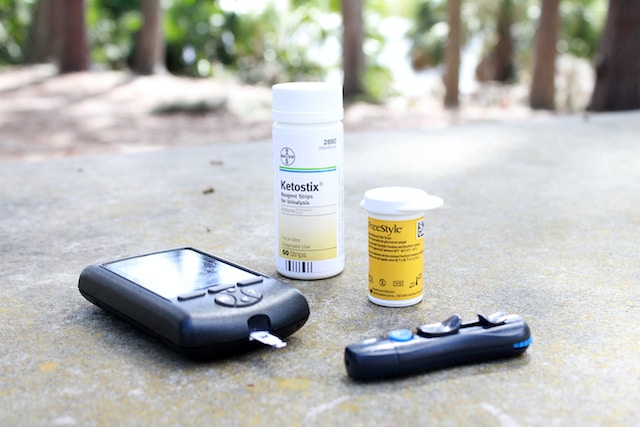Diabetes is a chronic condition that affects millions of people worldwide, but recent research has highlighted the significant impact of diet and exercise in potentially reversing the disease. In this article, we explore the crucial role of diet and exercise in the journey towards reversing diabetes, shedding light on the power of lifestyle changes in
Diabetes is a chronic condition that affects millions of people worldwide, but recent research has highlighted the significant impact of diet and exercise in potentially reversing the disease. In this article, we explore the crucial role of diet and exercise in the journey towards reversing diabetes, shedding light on the power of lifestyle changes in managing and potentially reversing this prevalent condition.
Dietary Considerations: The importance of a healthy, balanced diet cannot be overstated when it comes to managing and potentially reversing diabetes. Choosing nutrient-dense, whole foods is key. Focusing on fruits, vegetables, whole grains, lean proteins, and healthy fats can contribute to stable blood sugar levels and improved insulin sensitivity. Avoiding or limiting highly processed foods, sugary beverages, and high-glycemic index carbohydrates is also essential.
The Low-Carb Approach: A low-carbohydrate diet has gained recognition as an effective strategy for managing and potentially reversing diabetes. By reducing the consumption of carbohydrates, blood sugar levels become more stable, and insulin resistance can be improved. This approach emphasizes whole foods, healthy fats, lean proteins, and non-starchy vegetables while minimizing high-glycemic index foods such as refined grains and sugary snacks.
Intermittent Fasting and Time-Restricted Eating: Intermittent fasting and time-restricted eating have emerged as alternative approaches in managing diabetes. These methods involve controlled periods of fasting or restricted eating windows, allowing the body to regulate insulin levels and enhance metabolic function. Preliminary studies suggest that intermittent fasting may improve blood sugar control and insulin sensitivity, but it is crucial to consult with healthcare professionals before adopting these practices.
Exercise and Physical Activity: Regular exercise and physical activity play a pivotal role in managing and potentially reversing diabetes. Engaging in aerobic exercises, such as brisk walking, cycling, or swimming, helps improve insulin sensitivity, lower blood sugar levels, and promote weight loss. Strength training exercises also contribute to better glucose control and overall metabolic health. Finding enjoyable activities and incorporating them into a daily routine is essential for long-term success.
Weight Management: Maintaining a healthy weight is closely linked to managing and potentially reversing diabetes. Excess weight, particularly around the abdomen, is associated with increased insulin resistance and higher blood sugar levels. Through a combination of diet and exercise, individuals can achieve and maintain a healthy weight, leading to improved glucose control and potentially reversing the condition.
The Importance of Individualization: It is important to recognize that there is no one-size-fits-all approach to reversing diabetes through diet and exercise. Every individual’s needs and circumstances differ. Working closely with healthcare professionals, including registered dietitians and exercise specialists, is crucial to develop personalized plans tailored to an individual’s specific goals, preferences, and medical considerations.
Sustainable Lifestyle Changes: Adopting sustainable lifestyle changes is key to long-term success in reversing diabetes. It is not about short-term fixes or temporary diets but rather embracing a lifelong commitment to healthy habits. Gradual, manageable changes in diet and exercise are more likely to lead to lasting results. Cultivating a supportive environment, seeking support from healthcare professionals, and connecting with peer groups can also enhance motivation and accountability.
Conclusion: Diet and exercise play a fundamental role in managing and potentially reversing diabetes. By adopting a healthy, balanced diet, embracing a low-carbohydrate approach, incorporating regular physical activity, and maintaining a healthy weight, individuals can take significant steps towards better glucose control and potentially reversing the disease. The journey to reversing diabetes requires commitment, education, and personalized approaches, empowering individuals to take control of their health and well-being.

















Leave a Comment
Your email address will not be published. Required fields are marked with *